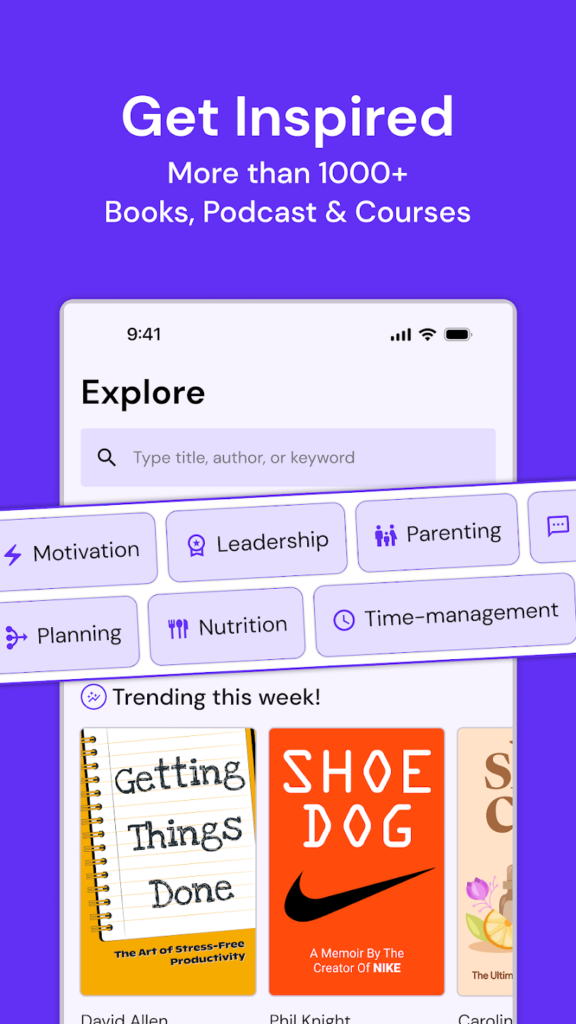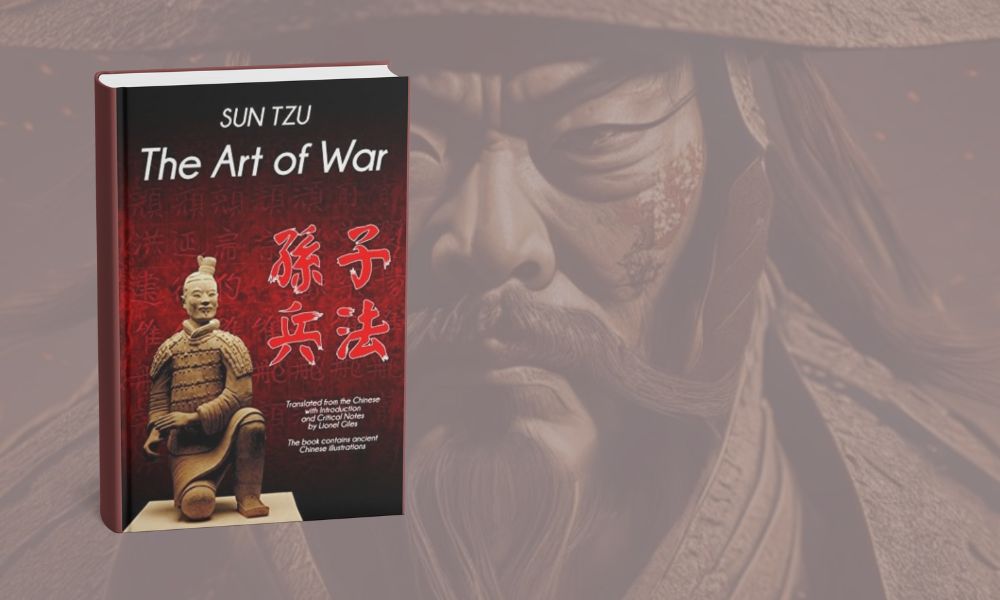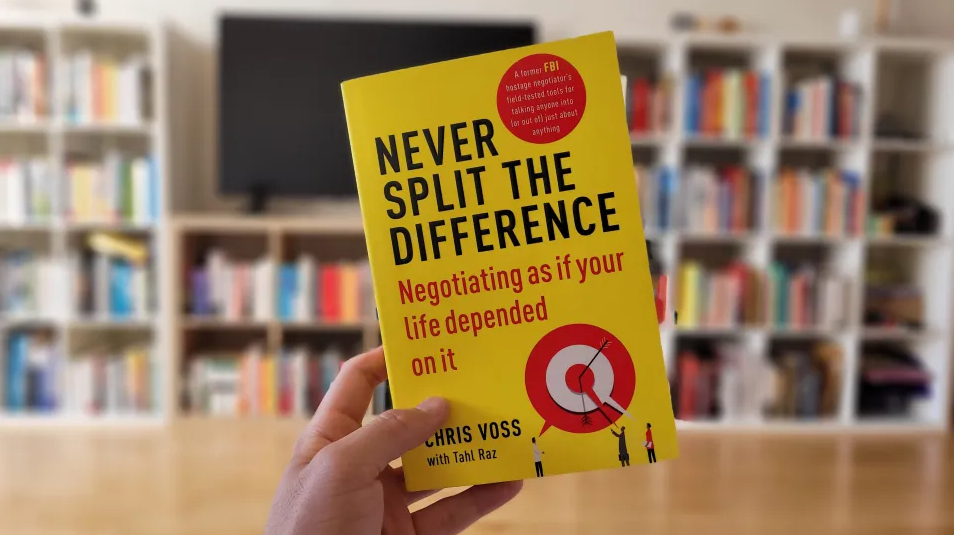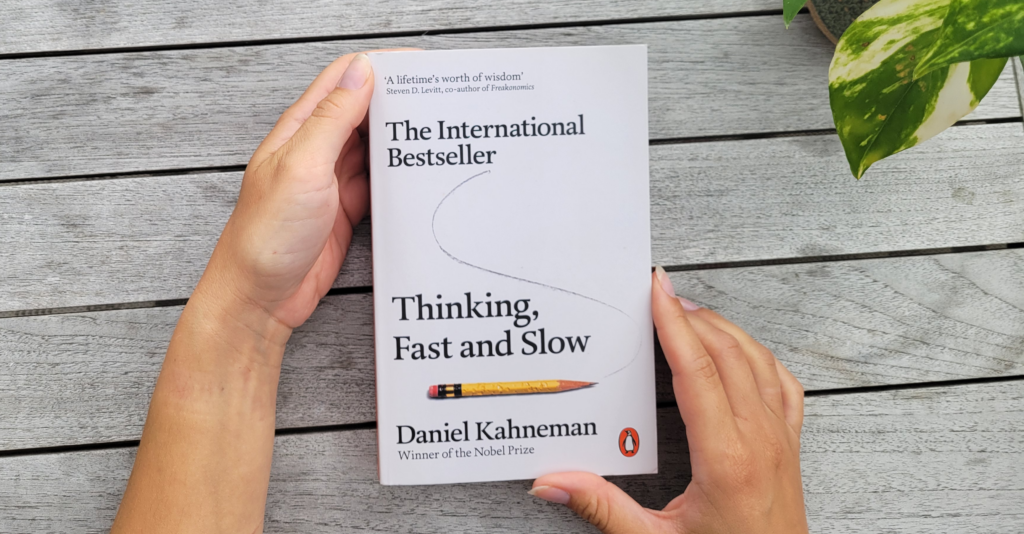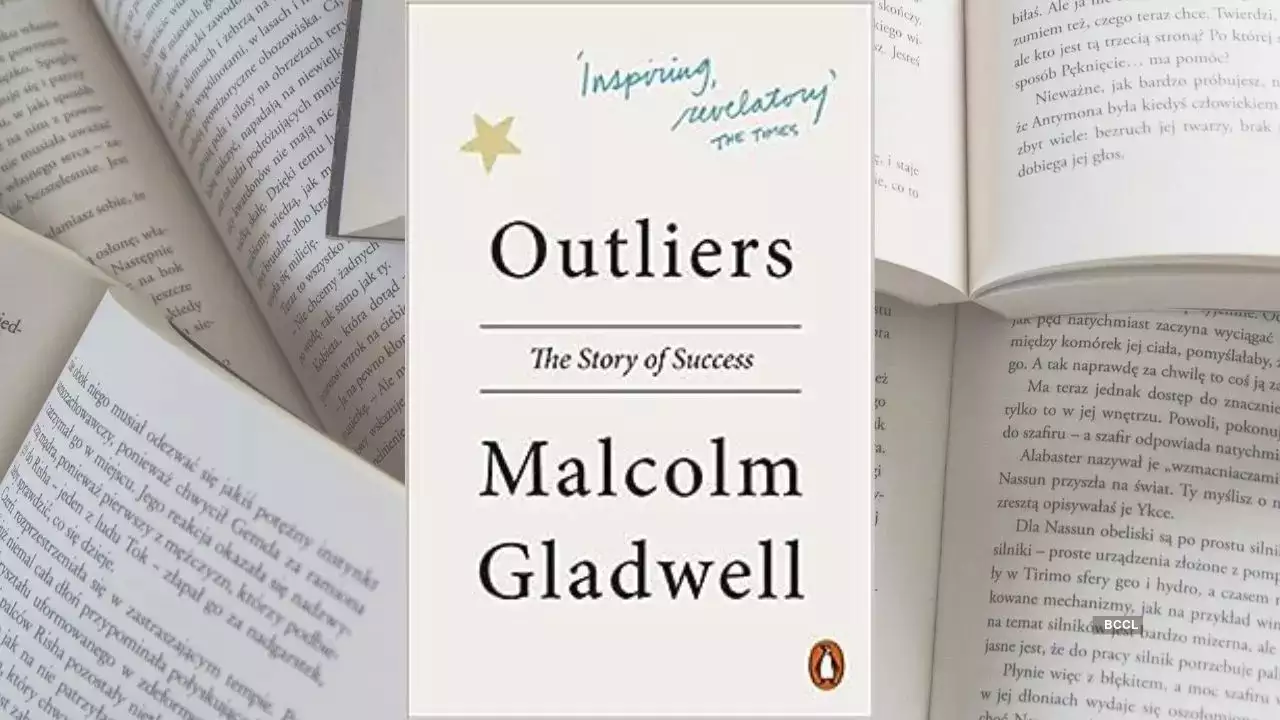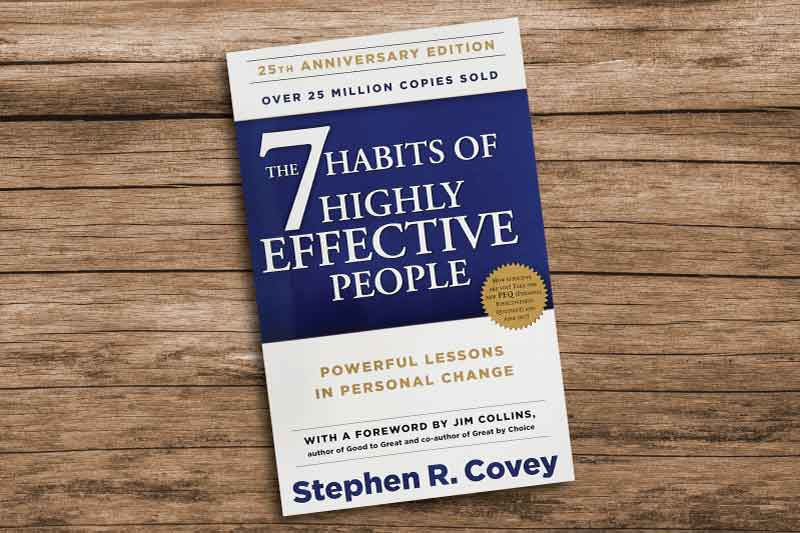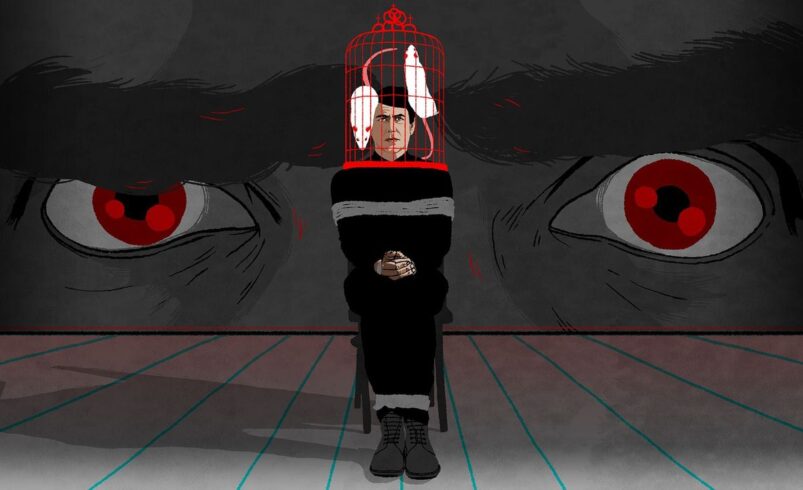
When George Orwell wrote 1984 in 1949, it wasn’t just a novel. It was a wake-up call. Orwell’s dystopian vision – a world of perpetual war, constant surveillance, and propaganda so thick you could cut it with a knife – has left an indelible mark on the way we think about government, society, and our own autonomy. It’s hard to read 1984 and not feel a twinge of unease, especially in a world where technology is ever-present and personal freedom often feels more like a theory than a practice.
Orwell’s story follows Winston Smith, a regular guy stuck in the worst kind of grind – a soul-crushing job at the Ministry of Truth, where his task is to rewrite history to fit the Party’s ever-shifting narrative. In 1984, truth is what the government says it is, and the act of thinking freely becomes an act of rebellion. Winston tries to break free, to reclaim some sense of individuality, but as we all know, Big Brother is always watching. What makes 1984 so timeless is how it holds up a mirror to society, making us question: How much control do we really have? And what happens when we give it all away?
If you’ve read 1984 and found yourself questioning everything from your phone’s GPS to the government’s latest announcement, you’re in good company. Orwell’s masterpiece has inspired generations of readers to explore the darker side of human nature, government control, and the fine line between freedom and fear. But if you’re itching to dive deeper into those chilling dystopian waters, you’re in luck. There are plenty of other books out there that tackle similar themes of power, oppression, and the constant battle for truth. Here’s a roundup of ten novels that, like 1984, will leave you thinking long after you’ve closed the book.
Contents
- 1 All the Birds in the Sky by Charlie Jane Anders (2016)
- 2 Never Let Me Go by Kazuo Ishiguro (2005)
- 3 The Handmaid’s Tale by Margaret Atwood (1985)
- 4 The Dispossessed by Ursula K. Le Guin (1974)
- 5 Fahrenheit 451 by Ray Bradbury (1953)
- 6 The Sheep Look Up by John Brunner (1972)
- 7 Parable of the Talents by Octavia Butler (1998)
- 8 Panther in the Hive by Olivia A. Cole (2014)
- 9 Vox by Christina Dalcher (2018)
- 10 The Circle by Dave Eggers (2013)
All the Birds in the Sky by Charlie Jane Anders (2016)
Imagine a world where magic and technology are at war, and humanity is caught in the crossfire. That’s the premise of All the Birds in the Sky. This novel follows childhood friends Patricia, who becomes a witch, and Laurence, a tech genius. Their paths diverge but eventually lead them back to each other as the world teeters on the edge of collapse. Much like 1984, it’s a story about control – who has it, who loses it, and what happens when we forget our place in the natural order. The magic vs. science dynamic makes you think: What kind of future are we really building?
Never Let Me Go by Kazuo Ishiguro (2005)
What if your whole existence was a lie, carefully crafted to keep you from questioning your fate? In Never Let Me Go, Ishiguro tells the haunting story of students at an English boarding school who slowly realise their purpose isn’t education – it’s organ donation. This quiet, emotional dystopia explores what it means to be human in a world where your body is owned by someone else. Like Winston in 1984, the characters in Never Let Me Go wrestle with the heavy burden of a future they can’t escape, all while searching for a spark of individuality in a society that refuses to see them as people.
The Handmaid’s Tale by Margaret Atwood (1985)
Margaret Atwood’s The Handmaid’s Tale gives us a world where women’s bodies are state property, used solely for reproduction in a totalitarian regime. The novel is a brutal but poignant exploration of power, gender, and autonomy, much like Orwell’s vision of a society that thrives on oppression. Offred, the protagonist, navigates a life stripped of freedom, where her every move is watched, and even her thoughts are dangerous. In a world like Gilead, much like Winston’s world in 1984, hope becomes an act of rebellion, and survival is just the beginning.
The Dispossessed by Ursula K. Le Guin (1974)
In The Dispossessed, Ursula K. Le Guin takes a more philosophical approach to dystopia. The story unfolds across two planets – one capitalist, one anarchist – and follows a physicist, Shevek, who tries to bridge the gap between these two opposing societies. At its core, the novel is about the tension between individual freedom and the collective good, much like 1984 asks how much of ourselves we should give up for the so-called greater good. Le Guin’s nuanced exploration of utopia and dystopia challenges the idea that freedom is a one-size-fits-all solution, making it a thought-provoking read for those who like their dystopias served with a side of deep reflection.
Fahrenheit 451 by Ray Bradbury (1953)
No list of dystopian novels would be complete without Bradbury’s Fahrenheit 451. In this world, books are illegal, and firemen don’t put out fires – they start them. The story’s protagonist, Guy Montag, is a fireman who begins to question why society has banned books and suppressed independent thought. Like 1984, Fahrenheit 451 is a meditation on the power of knowledge and the danger of censorship. Both novels ask us to consider: What are we willing to lose to live in comfort? And when do we stop questioning authority?
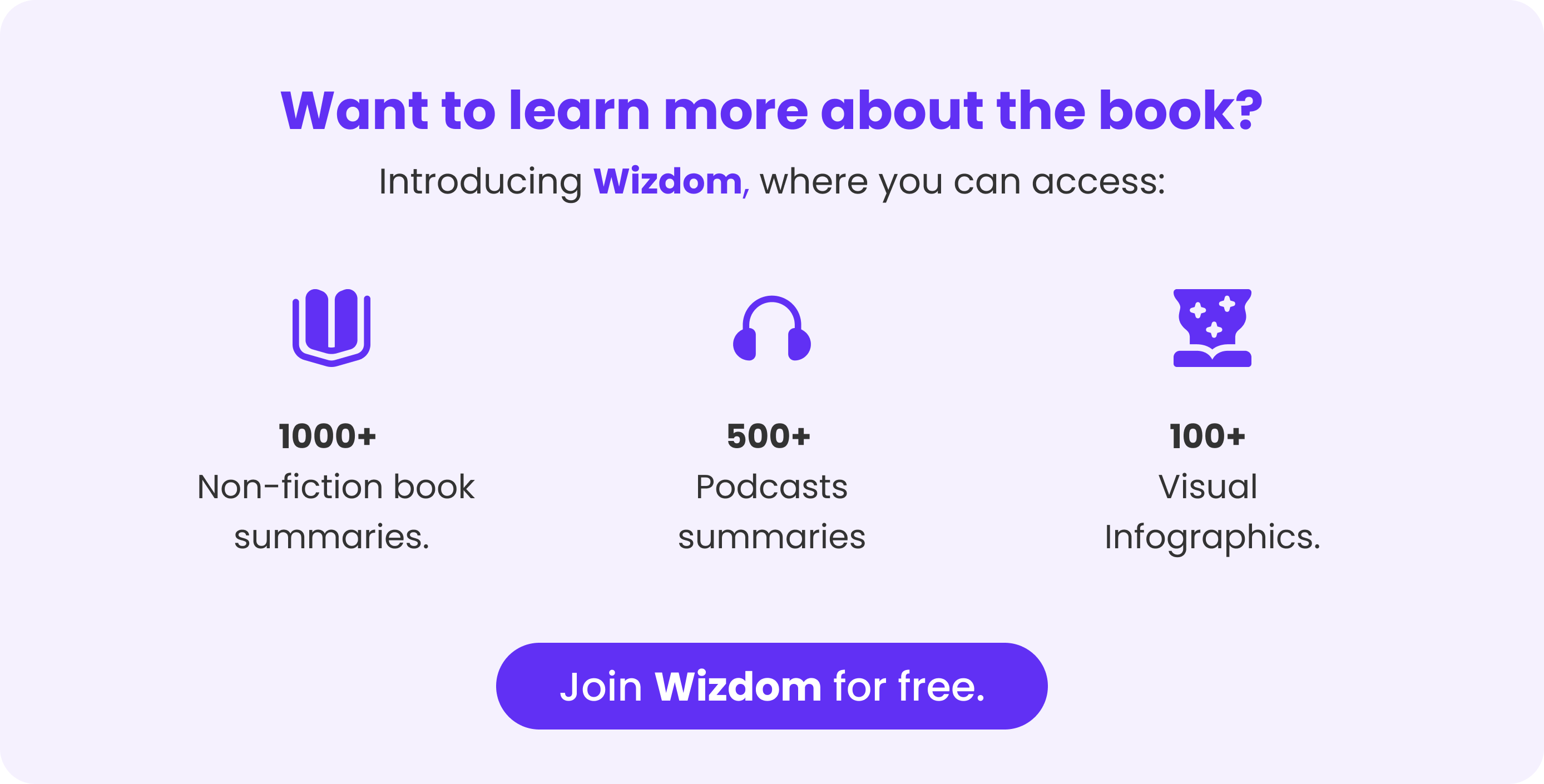
The Sheep Look Up by John Brunner (1972)
John Brunner’s The Sheep Look Up is an environmental dystopia that feels frighteningly prescient. The world is in ecological freefall, thanks to pollution, corporate greed, and government negligence. Much like Orwell’s cautionary tale about authoritarianism, Brunner’s novel is a warning about ignoring the signs of environmental collapse. It asks the reader to confront an uncomfortable question: What happens when the earth itself rebels against humanity? As in 1984, the characters in The Sheep Look Up find themselves powerless against larger forces, making it a chilling reminder of how fragile our existence can be.
Parable of the Talents by Octavia Butler (1998)
Octavia Butler’s Parable of the Talents is set in a near-future America ravaged by climate change, political instability, and religious extremism. The protagonist, Lauren Olamina, creates a new religion called Earthseed, which envisions humanity’s future among the stars. Like Winston in 1984, Lauren is a dreamer and a rebel, challenging a society that is determined to crush any form of hope or progress. Butler’s exploration of faith, survival, and resistance makes this novel a gripping and inspiring read for those who see dystopian futures not just as warnings, but as opportunities to build something better.
Panther in the Hive by Olivia A. Cole (2014)
Panther in the Hive is a more modern dystopia, set in a world where the wealthy have retreated into fortified cities, leaving the rest of society to deal with a deadly virus and economic collapse. Tasha, the novel’s heroine, has to navigate this crumbling world while figuring out who she really is. Much like 1984, Cole’s novel is about survival, but it also touches on identity, race, and class, making it a compelling read for anyone who wants their dystopian fiction with a contemporary edge.
Vox by Christina Dalcher (2018)
In Vox, women are allowed to speak only 100 words a day, thanks to a government mandate aimed at silencing half the population. Like The Handmaid’s Tale and 1984, Vox explores themes of control, gender oppression, and rebellion. The protagonist, Dr. Jean McClellan, fights to regain not just her voice but her autonomy, challenging a society that seeks to erase women’s existence. Dalcher’s novel is both a cautionary tale and a rallying cry, making it a must-read for those who believe that silence is the ultimate form of control.
The Circle by Dave Eggers (2013)
Imagine a world where privacy doesn’t exist, and every moment of your life is recorded, analysed, and broadcast to the world. In The Circle, that’s the reality. The novel follows Mae Holland, who joins a powerful tech company with a vision of total transparency. As Mae gets deeper into the company’s culture, she begins to realise that this utopia of openness might actually be a nightmare. Like 1984, The Circle warns us about the dangers of surveillance and the erosion of privacy, making it a timely and unsettling read in our hyper-connected world.
Dystopian fiction has a way of getting under your skin, making you think about the world we live in and the futures we’re building. From Orwell’s 1984 to the books listed above, these stories force us to confront uncomfortable truths about power, control, and freedom. Whether you’re into dystopias that focus on political oppression, environmental collapse, or the dangers of technology, there’s something on this list that will resonate with you. And if you’re looking for ways to apply the lessons from these fictional worlds to your own life, consider using the Wizdom app. With bite-sized summaries of self-help books, it’s an easy way to gain insights and start making changes in your daily routine – before Big Brother starts paying too much attention.
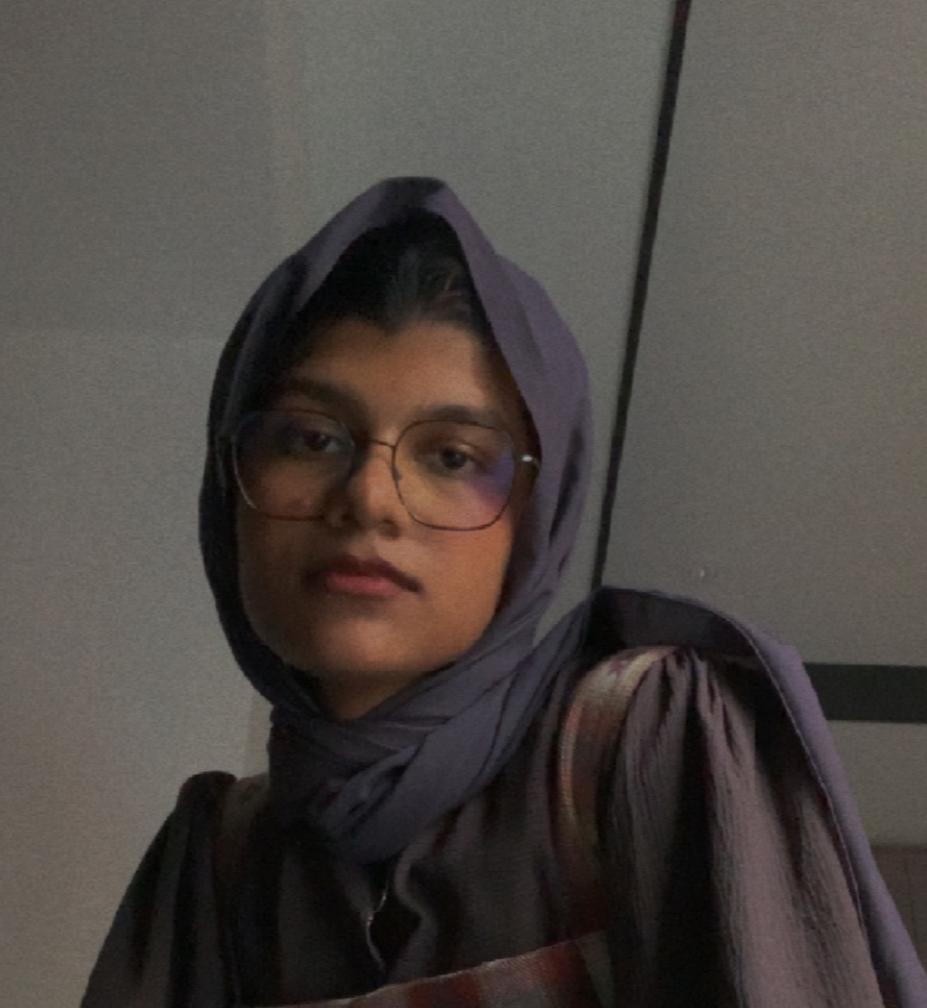
Zia Hawwa
Currently pursuing a Degree in Criminology, Zia’s passions lie in the world of literature and the human psyche. She loves what the world has to offer, and is always on the journey of satisfying her curiosity.

Top Ten Books like Factfulness
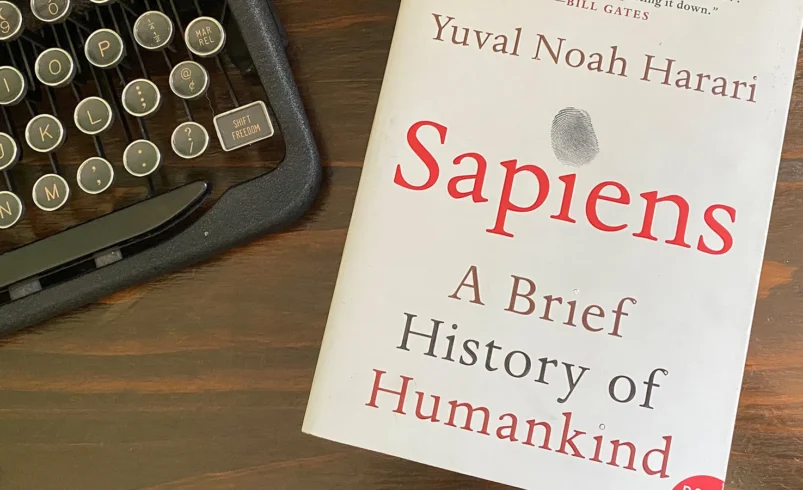
Top Ten Books like Sapiens
Recent Posts
- 25 Top Quotes from The 10X Rule to Supercharge Your Ambition
- 10 Books You Must Read to Succeed in Your Career
- 30 Little Tricks for Big Success in Relationships
- 25 Life-Changing Self-Help Books to Read This December: Boost Your Mood and Your Mind
- 25 Amazing Self-Care Tips for December: Wrap Yourself in Joy, Not Stress

